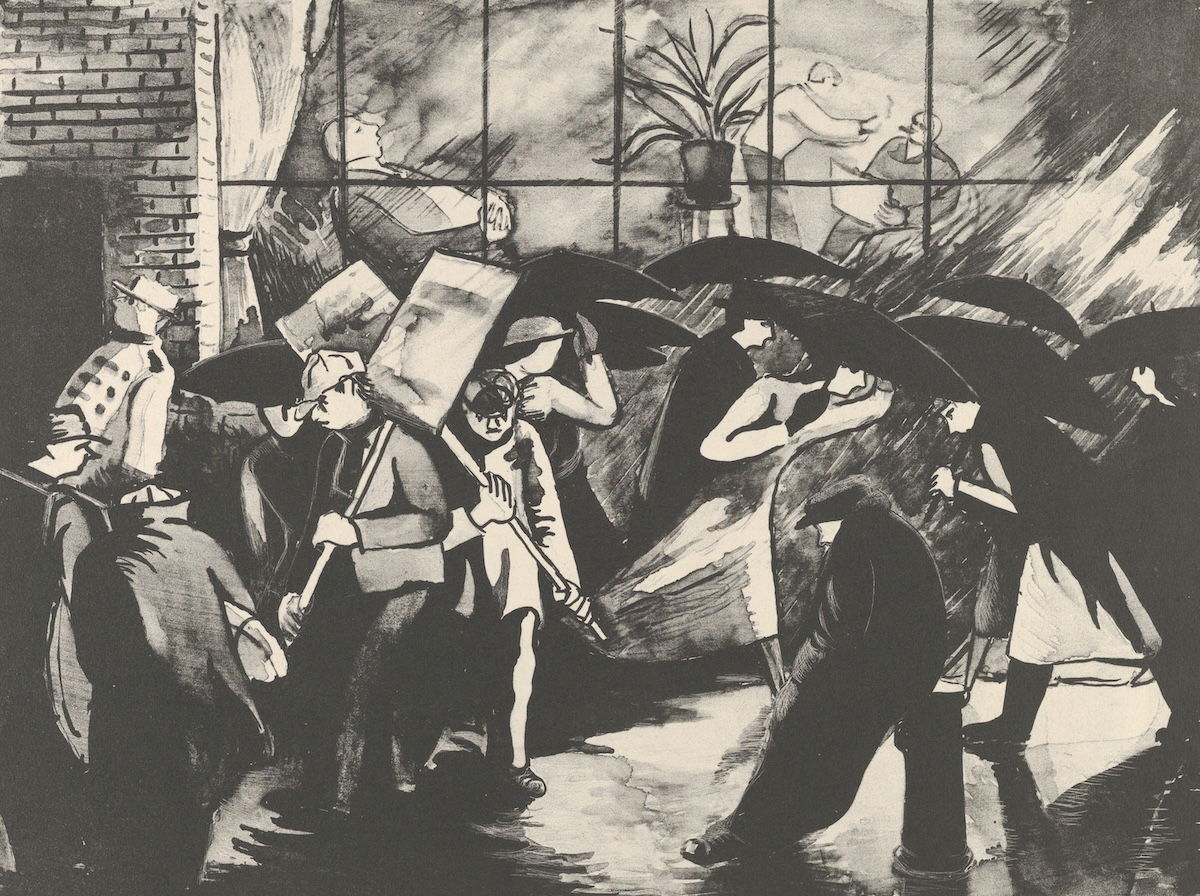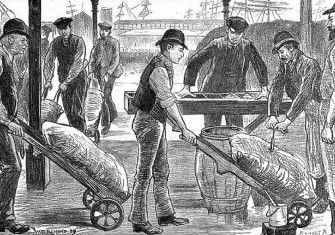What Have Strikes Achieved?
Withdrawing labour is an age-old response to workplace grievances. But how old are strikes, and have they ever worked?

‘In Aristophanes’ Lysistrata, the women of Greece unite together in a sex-strike’
Lynette Mitchell, Professor in Greek History and Politics at the University of Exeter
‘Strike action’ – the withdrawal of labour as a protest – was known in the ancient world. The Greeks, however, did not generally form themselves into professional guilds, at least not before the third century BC when the associations of ‘the musicians of Dionysus’ were formed alongside the growth in the number of festivals.
This did not mean, however, that the Greeks were oblivious to the significance of the withdrawal of labour. The epic poem the Iliad begins with Achilles – the best of the Greek fighters – withdrawing from battle against the Trojans because he has been deprived of his war-prize, the concubine Briseis.







